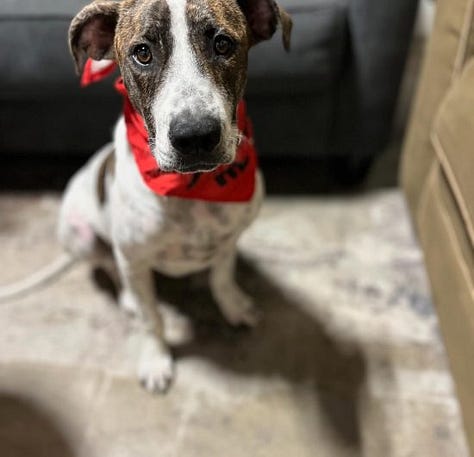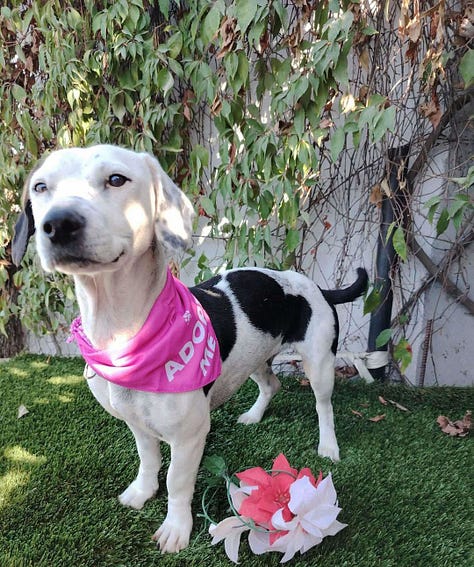Craft Advice with Nana-Ama Danquah
On contemplation, the impact of depression on writing, beautiful segues, writing honestly about ourselves, ghostwriting, raising a child as an author, and the magic of timed writing.
Intimate conversations with our greatest heart-centered minds.
’s writing is clean, confident, and rich with emotional insight and nuance. And her wisdom has a broad reach: memoir, personal essays, ghostwriting, and short stories. Plus, editing, public speaking, and teaching.The 25th Anniversary Edition of her groundbreaking memoir, Willow Weep for Me: A Black Woman’s Journey Through Depression, was published this year with a foreword by Andrew Solomon. She’s also edited four anthologies: Becoming American: Personal Essays by First Generation Immigrant Women; Shaking the Tree: New Fiction and Memoir by Black Women; The Black Body; and, Accra Noir.
If you missed part one of our interview, you can read it here.
I loved speaking with Nana-Ama about her work. She offered some tips I can’t wait to try out! I think you’ll feel the same. As always, let me know what you think in the comments!
❤️ Ongoing gratitude to all the paid subscribers whose support for Beyond not only allows me to keep writing this newsletter, it also supports The DeTommaso Dogs. Our monthly donation helps keep these sweet doggies healthy and off the streets. Thank you! ❤️



Where do you write?
I travel so much that I write wherever I can. There’s usually a desk at the hotel. At home, I have an office, but right now, I’m restructuring it, so I set up a little table in the living room. Surprisingly, it’s quite nice — I’m surrounded by my bookcase.
Do you write by hand or on a laptop?






